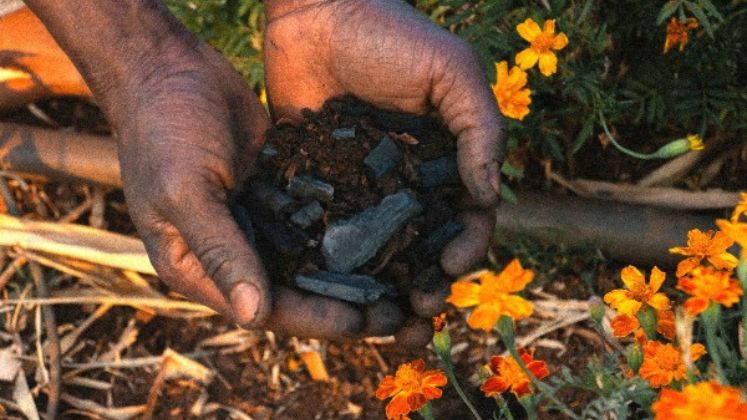
Better Cotton, the world’s largest cotton sustainability initiative, has announced a partnership with climate technology start-up Planboo aimed at helping farmers reduce greenhouse gas emissions and generate income through carbon credits.
The collaboration will centre on biochar, a charcoal-like substance produced from agricultural and other waste materials. When applied to soils, biochar can enhance fertility, improve water and nutrient retention, and store carbon for over a century. Better Cotton will work with licensed farmers to convert on-farm waste into biochar and later apply it to fields, providing both environmental and economic benefits.
According to Lars van Doremalen, director of impact at Better Cotton, Planboo’s long-standing advocacy of biochar reflects its potential to transform agricultural practices. He explained that the solution not only creates value from waste and builds resilience into farmland, but also offers farmers the opportunity to be financially rewarded for sustainable practices.
The initiative will also use Planboo’s digital Measurement, Reporting and Verification (MRVin) system to track the production of biochar, record carbon reductions, and allocate credits. The technology ensures accurate data on waste inputs, biochar output, carbon removals, and income streams for communities adopting the practice.
Planboo’s co-founder and chief executive Freddie Catlow said Better Cotton had always stood out as a partner able to deliver meaningful impact within fashion supply chains. He pointed to a previous project in Zambia, which achieved a 60% increase in cotton yields, as evidence of biochar’s potential. Catlow added that the collaboration would integrate carbon removal and soil health into cotton farming, combining regeneration with digital scaling.
The first project under the partnership will focus on smallholder cotton-growing communities in India, with further details expected in the coming months.






